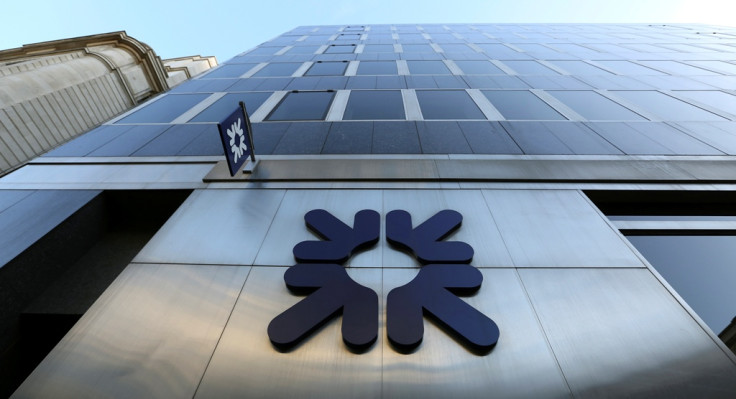RBS deputy chief Chris Sullivan leaves after apology for giving incorrect evidence to the government

The Royal Bank of Scotland Group's deputy chief executive officer, Chris Sullivan, has left the bank only a month after apologising to MPs for giving incorrect evidence relating to the lender's controversial business restructuring unit.
RBS confirmed to IBTimes UK that Sullivan left on 31 December 2014, but declined to give any more detail on his sooner than expected departure. At the beginning of last year, the bank announced he would be leaving in 2015.
In November, RBS apologised for giving incorrect evidence to the Treasury Committee investigating the actions of its Global Restructuring Group (GRG).
In a number of released letters, the bank's chairman Sir Philip Hampton said the evidence "lacked clarity", while the committee's chairman Andrew Tyrie said it was unacceptable.
The committee was investigating allegations that GRG, the RBS unit responsible for lending to risky companies, intentionally killed off firms that were operationally viable.
At the hearing, the bank's directors Derek Sach and Chris Sullivan claimed GRG was not intended to turn a profit – a piece of evidence Hampton has now retracted, saying: "This lack of clarity on an important point is very disappointing to the committee as it is to me, and I apologise".
He claimed the two executives had not lied, but had made an "honest mistake".
In a statement issued in response to the letters, Tyrie said: "Parliament expects witnesses to give straightforward evidence. Two senior managers at RBS fell short of this standard at a hearing with the Treasury Committee in June.
"Anybody can make a simple mistake in their evidence. But this was more than that - it was materially incorrect on a crucial point and unacceptable.
"RBS has done the right thing and apologised.
"It is vital to a sustainable economic recovery in the UK that access to finance for SMEs, from banks and elsewhere, be restored to working order. The reality on the ground behind all this is hundreds of thousands of small businesses - crucial to sustaining our recovery."
RBS has since scrapped the controversial GRG unit. The bank suffered a backlash following a report by Lawrence Tomlinson, adviser to business secretary Vince Cable.
Tomlinson claimed the 81% government-owned bank profited from struggling businesses, which were pushed to default after being moved into the GRG.
By moving businesses into GRG, RBS was able to increase revenue by charging higher fees and margins. The practice could also allow the bank's property division, West Register, to purchase devalued assets, Tomlinson reported.
After the release of Tomlinson's report, RBS drafted in heavyweight lawyers to review its treatment of small-to-medium sized enterprises (SME). A review was later released apparently clearing the bank of any allegations it tried to defraud customers.
© Copyright IBTimes 2025. All rights reserved.






















